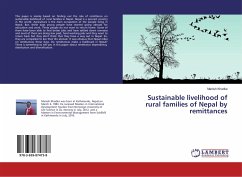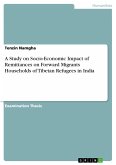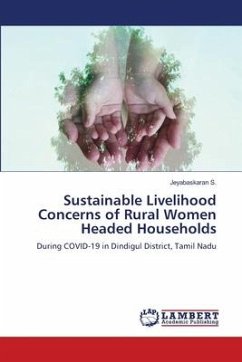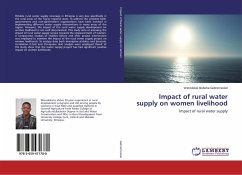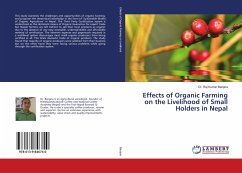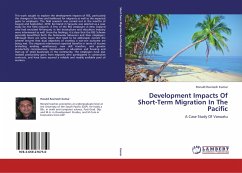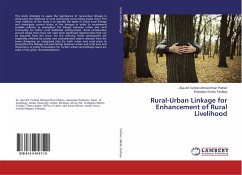This paper is mainly based on finding out the role of remittance on sustainable livelihood of rural families in Nepal. Nepal is a poorest country in the world. Agriculture is the main occupation of the people living in Nepal. But, these days young people have started going abroad for education and work. These people do not want to return home. Some of them have been able to find better jobs and have settled down overseas and must of them are doing low paid, hard working jobs and they want to return back but they don't think that they have a way out in Nepal. So, they are compelled to live their life abroad. It was obvious that Nepal relies on remittances these days. Do remittances make a livelihood in Nepal? There is something to tell you in this paper about remittance dependency, distribution and diversification.
Bitte wählen Sie Ihr Anliegen aus.
Rechnungen
Retourenschein anfordern
Bestellstatus
Storno

